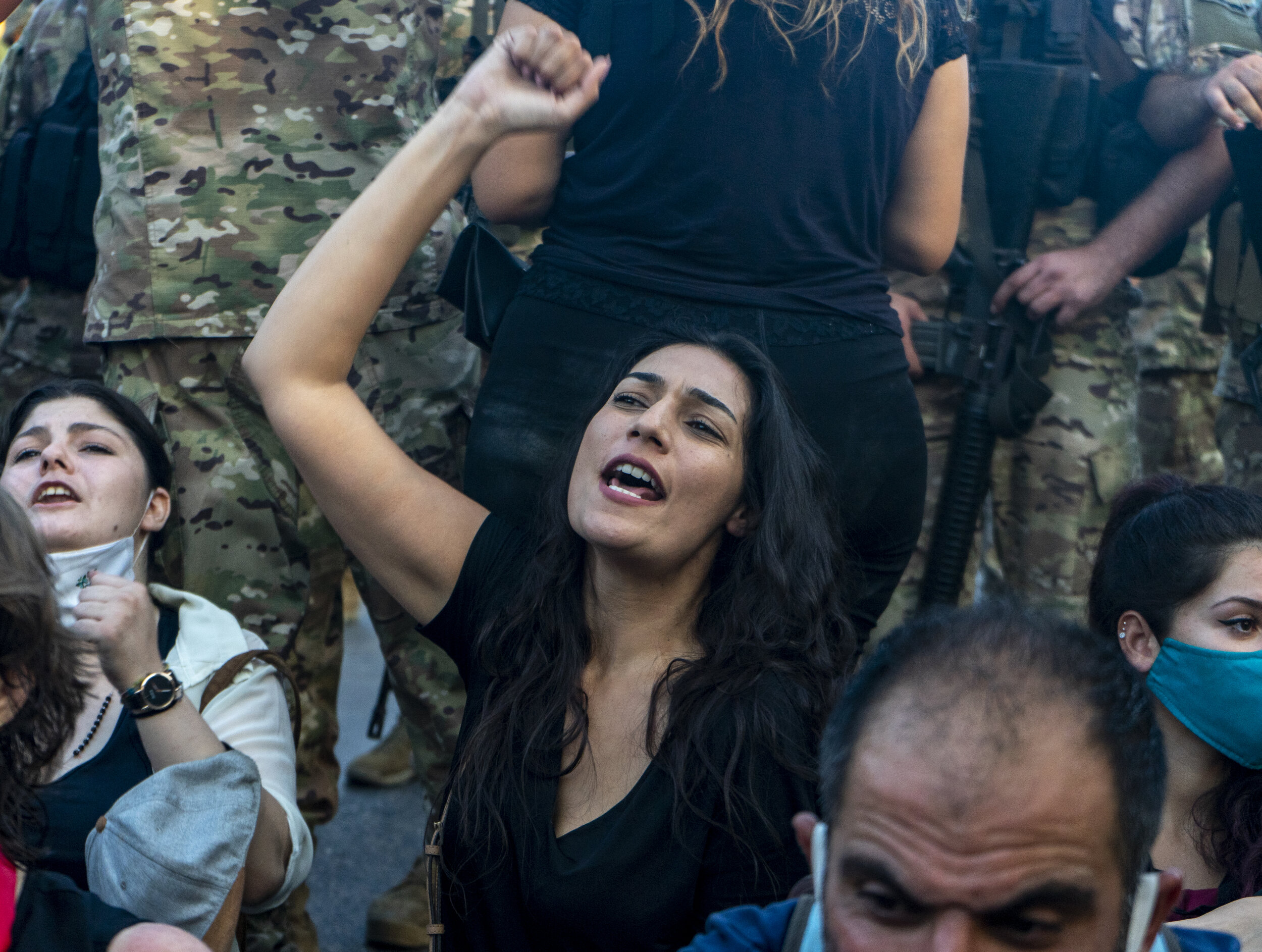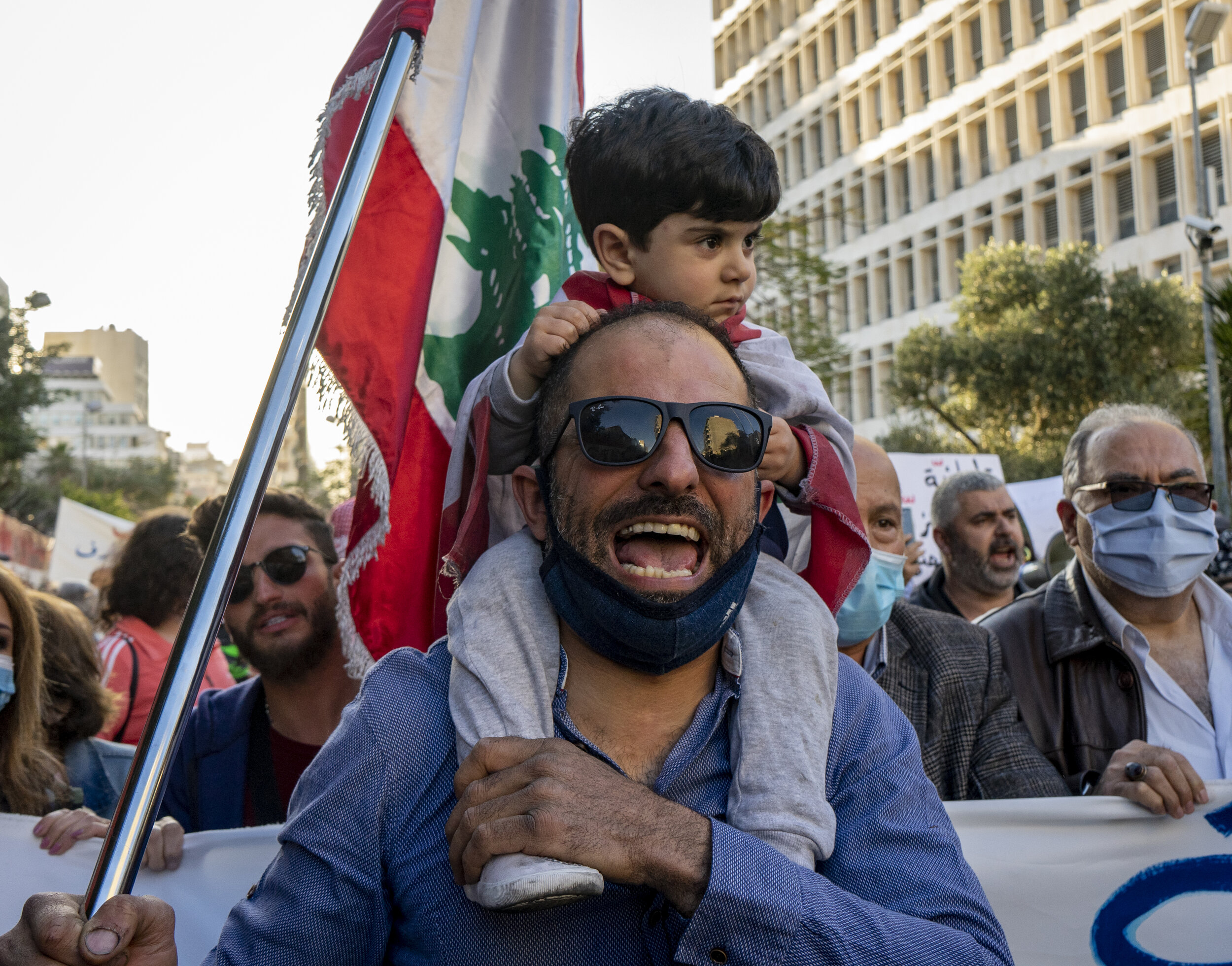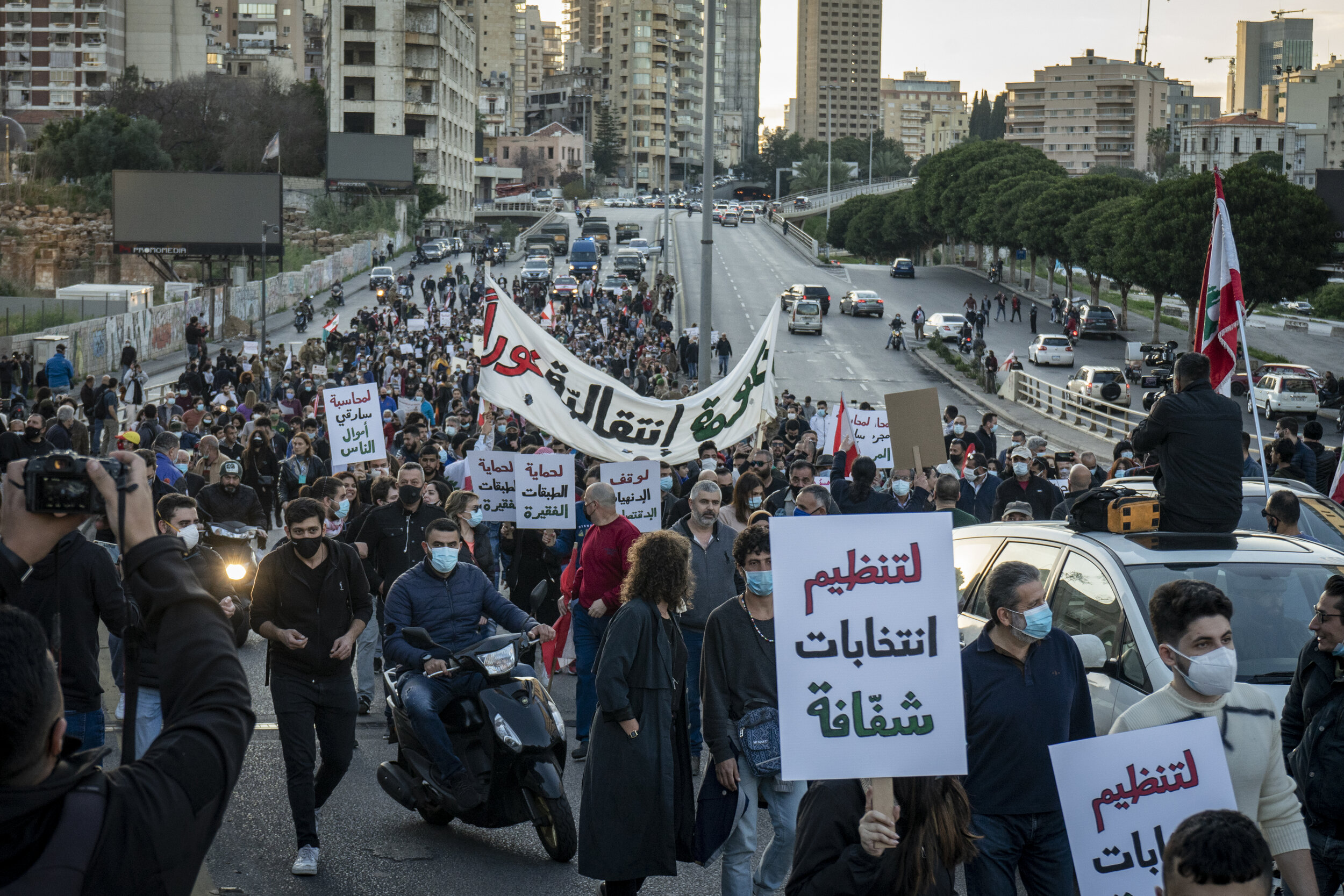Civil society, Lebanon’s lifeboat.
On October 17, 2019, a popular uprising in Lebanon shook the country, with thousands taking to the street railing against the country’s corrupt political class. Exactly a year later, Saad Hariri, the same Prime Minister ousted in the October Uprising, was once again designated to form a government, a process which has yet to bear fruit. In the meantime, conditions in the country have continued to deteriorate. The Lebanese Lira (LL), pegged to the US dollar at an official rate of 1,507 LL per dollar, has now lost 90% of its value, trading for 15,000 LL to the dollar on the black market. The continued lack of a functioning Lebanese government and no real commitment to badly needed reform have pushed confidence in the government precipitously low. At the start of the year, Lebanese approval rates for the government (cabinet) fell below 5%.
Local news stations and citizens alike are saying that the country has finally hit ‘rock bottom’; however, in all likelihood, things will get worse. Marginalised groups, people facing discrimination and those in need have been hit the hardest. There is an urgent need to support and protect those who are vulnerable; however, there is a clear lack of capability and will on the part of the Lebanese government to do so. Instead, civil society groups have stepped in to fill the gap.
The Enhancing Public Accountability and Trust in Lebanon (EPATL) program, funded by the US State Department and implemented by ARK, is supporting nine civil society organisations with small grants to implement projects designed to engage the Lebanese citizenry and encourage better governance and improved transparency and accountability on the part of the Lebanese government. The grants cover a range of themes, including: transparency in the power sector in Lebanon, legal reform in Lebanese prisons, advocating for the rights of people with disabilities, support for domestic workers, advocating against domestic violence, reform to drug-related laws, and improving aid transparency and distribution.
Between responding to shortages of oxygen machines during the COVID-19 crisis and working to rebuild Beirut following the devastating explosion at the Port of Beirut on August 4th, 2020, Lebanese civil society has had little space, time or funding to respond to longer term systemic issues. However, in the continued absence of a functioning state, it is essential that civil society is able to support and improve the functioning of Lebanon’s democracy by calling out abuses of power, lobbying for the rights of citizens, working to cultivate values of democratic life and building the skills needed for advocacy. In doing so, civil society can play a crucial role in holding Lebanon’s dysfunctional government to account, ultimately contributing to the development of a state that is responsive and accountable to the Lebanese people.
With thanks to Matt Kynaston for the images used in this piece.




